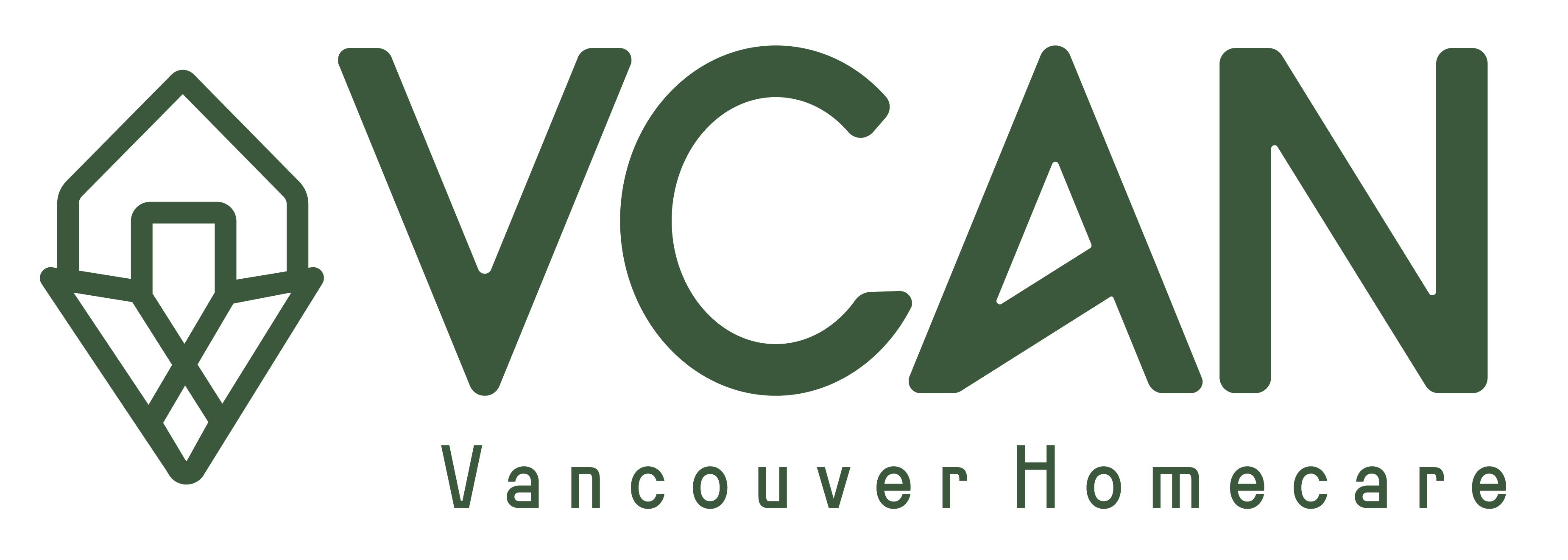Alzheimer’s Awareness & Brain Health
1. Learn the Early Signs of Alzheimer’s
Recognizing symptoms early can lead to better outcomes:
- Memory loss that disrupts daily life
- Difficulty solving problems or planning
- Trouble with familiar tasks
- Confusion about time or place
- Withdrawal from work or social activities
- Mood or personality changes
Tip: If you notice these in yourself or a loved one, speak to a doctor right away.
2. Prioritize Brain-Healthy Habits
Support brain health with lifestyle choices:
- Eat for Your Brain: Mediterranean or MIND diet — leafy greens, berries, fish, olive oil, whole grains
- Stay Physically Active: Aim for at least 30 mins a day (walking, swimming, light aerobics)
- Sleep Well: 7–9 hours per night helps clear brain toxins
- Stay Mentally Engaged: Puzzles, reading, learning a new skill, or using memory apps
3. Stay Socially Connected
Social isolation can speed up cognitive decline.
- Join clubs, attend senior centers, or use video calls to talk with family
- Volunteer or attend community events
4. Manage Other Health Conditions
Conditions like high blood pressure, diabetes, and depression can increase Alzheimer’s risk.
- Monitor blood sugar and cholesterol
- Take medications as prescribed
- Schedule regular doctor visits
5. Make a Plan Early
If Alzheimer’s is diagnosed:
- Talk about legal and financial planning early (e.g. power of attorney)
- Explore care preferences
- Organize important documents while decision-making is still strong
6. Get Help—Don’t Do It Alone
Caregivers and seniors both need support:
- Connect with local Alzheimer’s support groups (e.g., through the Alzheimer’s Association)
- Consider respite care to avoid burnout
- Use services like Meals on Wheels, senior transportation, or in-home care aides
